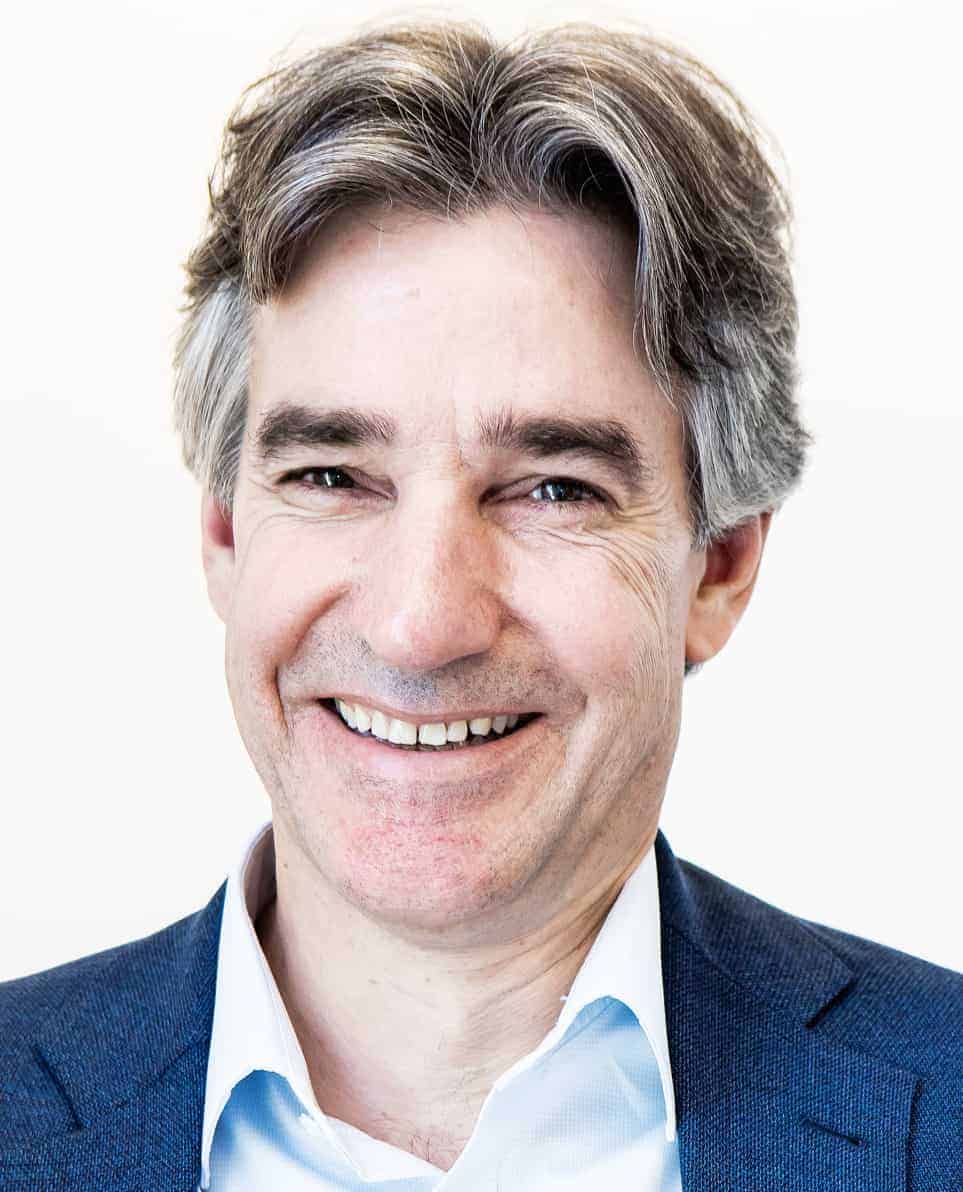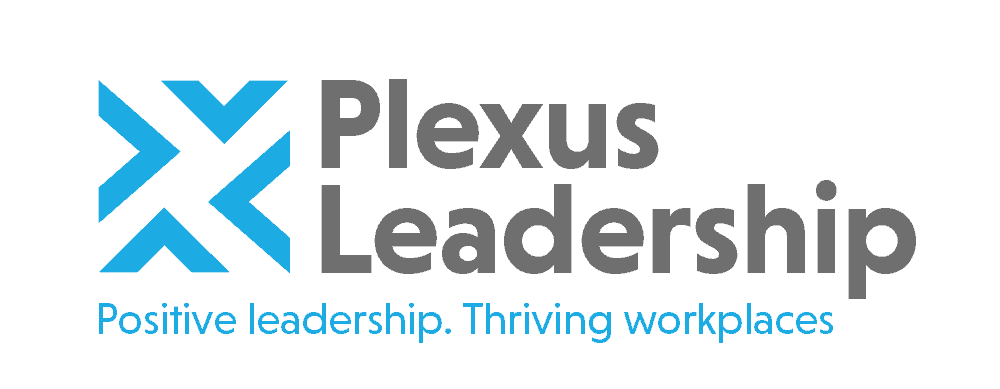As the enormous scale and implications of this COVID-19 crisis become evident to leaders and organizations everywhere, strong, unified and positive leadership is required to steer us through these troubled times. In the coming weeks and months leaders need to provide direction, hope, compassion, and connection. However, once the worst of this is over, leaders also need to pave the way for a better future, for their organizations and society, rather than simply reverting to business as usual, overlooking old problems, flaws and vulnerabilities. We have heard a lot recently about adaptive leadership, particularly in relation to digital transformation. However, the current COVID-19 crisis has shown us that our understanding of what is meant by adaptive leadership is woefully narrow and inadequate. What we need is deep adaptation that brings about fundamental change in the way we organise work and how we work together to tackle global problems we face. Coined by Professor Jem Bendell, in his widely-read paper entitled “Deep Adaptation”, this type of adaptation is transformational, urgent and systemic in nature, rather than gradual and piecemeal.
It is time for leaders not directly in the frontlines of the crisis to start questioning why so many of the established principles, processes and practices that have served us well in the past have broken down or fallen short during this unusual “Black Swan” (highly unpredictable and hugely impactful for our economy) event. The resilience of our institutions and leaders are being tested like never before in recent decades and unfortunately, big fault lines and vulnerabilities are becoming increasingly obvious.
Some of the biggest vulnerabilities that need to be explored and tackled by business leaders are:
Persistent denial of major fault lines and disruptive forces
The debate about climate denial is well known and documented. The debate has now reached a tipping point and even traditional financial institutions and oil corporations are now accepting the need to increase the pace of transition to a world powered by cleaner forms of energy. However, many deniers in very influential business and political leadership roles remain, putting a big drag on our ability to adapt more quickly and adapt to economic models less reliant on dirty fuels. Additionally, deniers of other worrying socio-economic fault-lines are unfortunately commonplace. For example, many leaders are denying the looming problems arising from growing income inequalities and a world increasingly dominated by a small group of super-rich billionaires. The unfairness of this growing inequality is being highlighted by the crisis, as it is mainly the lower paid workers (nurses, care workers, delivery drivers, checkout staff, etc.) who are keeping our economy and society afloat and caring for our loved ones through the crisis. Others are denying ongoing problems associated with decades of cheap debt that is weakening the foundation of our economies and storing up huge problems, including higher taxation, real wage stagnation and deferred retirement, for future generations.
Poor planning for future risks and uncertainties
Ways of getting prepared for a risky and volatile future, including contingency, scenario planning and risk management. have not been high on the agenda for most business and HR leaders in recent years. In fact, apart from the biggest companies, many smaller and mid-sized companies rarely prioritise any form of contingency and risk planning. They have understandably looked at the world through “rose tinted glasses”, assuming that apart from the occasionally economic shock, things will continue pretty much as normal. It is time for leaders to put contingency and risk planning back on the agenda, so they are more able to plan for Black Swan and other less predictable disruptive forces and shocks. A little like good architects and civil engineers, leaders need to spend more time planning for unlikely or extraordinary events as well as those that are more predictable. Super-forecasting, something that is gaining in popularity recently, will help, but it will by itself not protect businesses from big, disruptive events like COVID-19. Organizations need to put in place plans and build vital change capabilities to become fit for the future and manage increasingly unpredictable risks. Specific capabilities they will need include risk management, agility, virtual teamwork and resilience to ensure they are better prepared for a less predictable future.
Rising levels of debt and over-reliance on cheap capital
Taking on significant business debt has been encouraged by governments and financial institutions offering low interest rates and cheap loans. In good times this works well, but in times of crisis and economic contraction, the wheels of a business can start to wobble (or even fall off) as it no longer has the sales volumes to meet its overheads and loan obligations. Instead of taking on debt, businesses should find ways to streamline their business and adapt to managing with smaller overhead costs. This is especially true for businesses that are in highly cyclical sectors or are more prone to economic shocks than others. Businesses can also reduce their risks by holding more savings as a buffer to mitigate future shocks although this is often tough for both smaller and larger corporations owing to challenges associated with cashflow, shareholder dividend expectations and capital investment requirements.
Inflexible ways of working
By inflexible ways of working, I mean businesses that are still reliant on traditional, rigid and expensive ways of working and organizing their people and workflows. Many businesses still strive to be headquartered in the best parts of the world’s biggest cities and want the majority of their staff to be office-based. One of the biggest sources of resistance by leaders to increased homeworking has been a lack of trust. Many leaders, especially those who are not ‘digital natives’, still believe that employees will skive off and not work productively at home. They still rely on multiple layers of management and impose unnecessary controls and monitoring processes to manage their people.
Businesses that are able should now take the opportunity to adopt more flexible, agile ways of working using more empowered, virtual team structures and processes. The technology is increasingly available to facilitate effective home and virtual working and this crisis is giving many organizations the opportunity to explore radically different ways of working through Zoom, Slack, WhatsApp and other online platforms and apps.
The crisis also gives leaders the opportunity to challenge traditional assumptions about travel and explore ways to reduce dependence on unnecessary travel. This can save money, improve efficiencies and minimise adverse impact on the climate. To do this, leaders will need to start asking whether it is necessary for their staff to travel long distances to a meeting rather than simply rubber-stamping travel requests. Of course, they also need to set a good example for their team by minimising team meetings in far flung locations that can be accomplished just as effectively using a virtual format like Zoom.
Inadequate co-operation
Free market economies have been built on the assumption that competition is desirable and healthy for the economy and society. Competitiveness has fuelled the growth of industrialised economies and this principle is as true as it ever was. However, we need to ensure that unhealthy competition between businesses and countries doesn’t squeeze out human advancement, innovation and progress because the profit motive is prioritized over people and our future welfare.
Cooperation is particularly important when dealing with enormously complex problems, including when dealing with major threats (real and potential) like climate change, reducing poverty and countering human diseases. These are the times when cooperation typically triumphs over competition. We have seen a myriad of examples during this crisis, including the Royal Mint working to produce visors for NHS staff and Mercedes FI engineers collaborating with UCL to invent an innovative breathing device that can be quickly mass produced, freeing up ventilator capacity for use in more critical cases.
The current crisis is an opportunity for leaders to emerge much stronger and better prepared to deal with inevitable challenges and crises in future. However, this will only happen if they start tackling some of the fault lines and vulnerabilities that have been exposed by the current COVID-19 pandemic and prepare their organizations to be more resilient, resourceful and agile to tackle tomorrow’s shocks and challenges.
Other Posts

About the Author
James Brook
Founder and MD | Leadership Consultant | Organizational Psychologist
James is a leadership consultant, organizational psychologist and executive coach. He has over 25 years’ experience working with leaders, teams and organizations globally to optimize their performance, talent and future success. He specializes in positive leadership, thriving workplaces, collaboration and influencing, organizational change and transformation, accelerating innovation and coaching executives and leaders in innovative sectors including Tech, Digital, E-commerce and Life Sciences.
Before setting up Plexus Leadership, James held leadership roles in HR and Talent Management in the UK and abroad with companies such as NatWest, Yahoo! and Novo Nordisk Pharmaceuticals. After this, he founded and led several talent and leadership consulting and assessment businesses, including Strengthscope®, an online strengths assessment and development business serving a wide range of UK and global clients. James grew this venture into a global market leader before selling the business in 2018.
James has supported, advised and coached leaders and teams globally across diverse industries and geographies. Clients he has worked with include Allen & Overy, Commvault, Equinor, Facebook, GSK, Hilton, John Lewis, Novartis Pharmaceuticals, NHS, Oracle, Sainsbury’s, Swiss Re, Tesco, Takeda Pharmaceuticals, WSP and Yahoo!.
James has a Master’s in Organizational Psychology, an MBA, an Advanced Diploma in Executive Coaching and a Harvard Business qualification in Sustainable Business Strategy. He is a member of the Institute of Directors, the Association of Business Psychologists and a Fellow of the Chartered Institute of Personnel and Development (FCIPD). He is currently undertaking a PhD in Organizational Psychology examining the start-up experiences of Tech and Digital entrepreneurs.
James is a regular contributor and speaker on leadership, coaching, innovative talent management and the future of work. His most recent book, Optimize Your Strengths, explores how leaders can create thriving workplaces by inspiring and supporting people to optimize their potential and teamwork to deliver breakthrough results.





